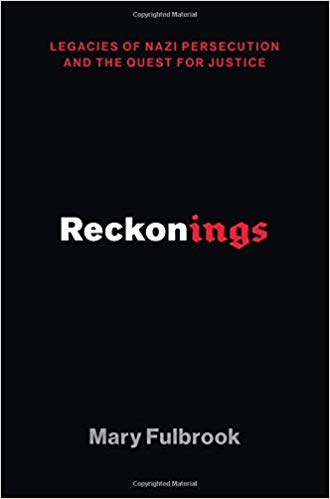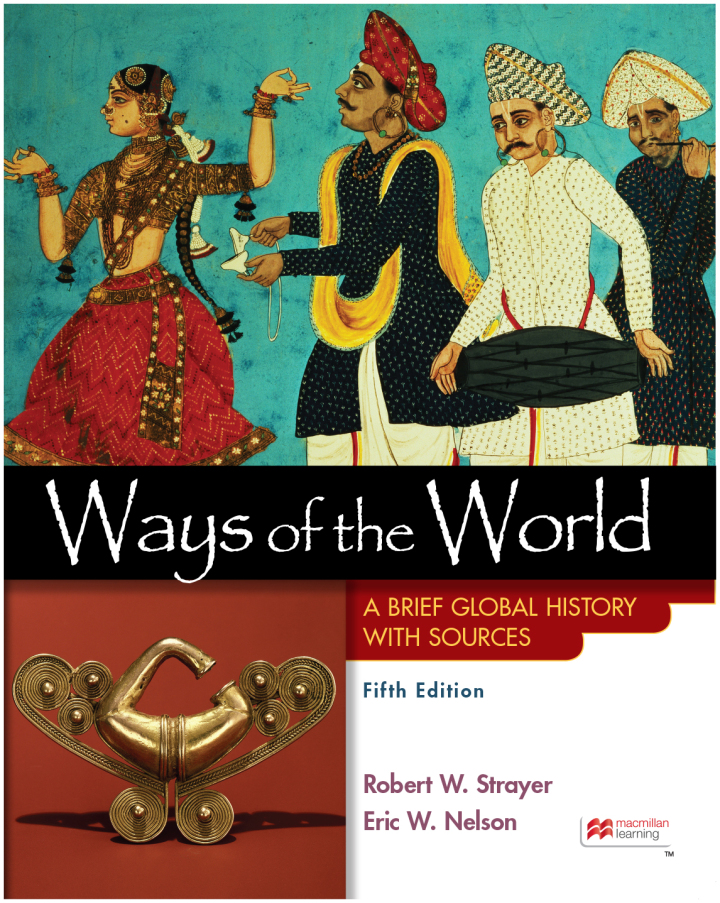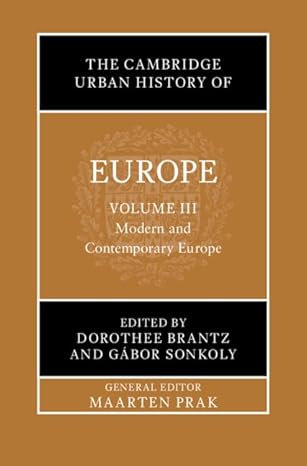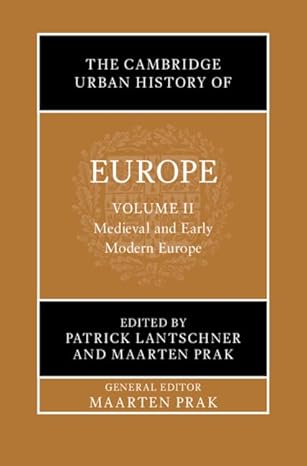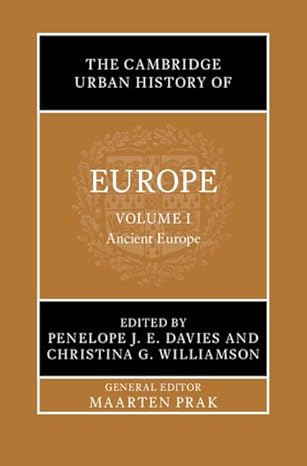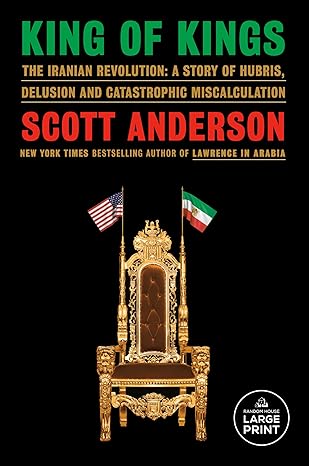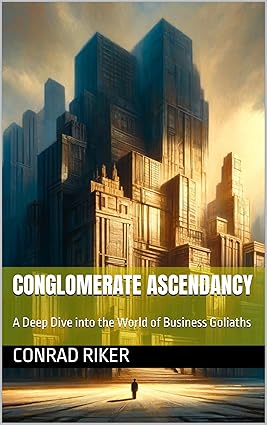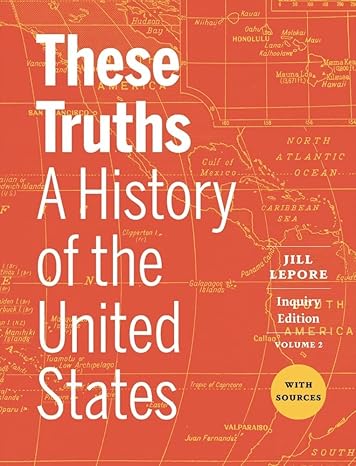Winner of the Wolfson History Prize 2019
Shortlisted for the 2019 Cundill History Prize
A single word--"Auschwitz"--is sometimes used to encapsulate the totality of persecution and suffering involved in what we call the Holocaust. Yet focusing on a single concentration camp, however horrific the scale of crimes committed there, leaves an incomplete story, truncates a complex history and obscures the continuing legacies of Nazi crimes.
Mary Fulbrook's encompassing book explores the lives of individuals across a full spectrum of suffering and guilt, each one capturing one small part of the greater story. Using "reckoning" in the widest possible sense to evoke how the consequences of violence have expanded almost infinitely through time, from early brutality through programs to euthanize the sick and infirm in the 1930s to the full functioning of the death camps in the early 1940s, and across the post-war decades of selective confrontation with perpetrators and ever-expanding commemoration of victims, Fulbrook exposes the disjuncture between official myths about "dealing with the past" and the extent to which the vast majority of Nazi perpetrators evaded responsibility. In the successor states to the Third Reich -- East Germany, West Germany, and Austria -- prosecution varied widely. Communist East Germany pursued Nazi criminals and handed down severe sentences; West Germany, caught between facing up to the past and seeking to draw a line under it, tended toward selective justice and reintegration of former Nazis; and Austria made nearly no reckoning at all until the mid-1980s, when news broke about Austrian presidential candidate Kurt Waldheim's past. The continuing battle with the legacies of Nazism in the private sphere was often at odds with public remembrance and memorials.
Following the various phases of trials and testimonies, from those immediately after the war to those that stretched into the decades following, Reckonings illuminates shifting public attitudes toward both perpetrators and survivors, and recalibrates anew the scales of justice.
چکیده فارسی
برنده جایزه تاریخ ولفسون 2019
در فهرست نهایی جایزه تاریخ کندیل 2019
یک کلمه واحد - "آشویتس" - گاهی اوقات برای مجموع آزار و اذیت و رنج درگیر در آنچه ما هولوکاست می نامیم استفاده می شود. با این حال، تمرکز بر یک اردوگاه کار اجباری، هر چند میزان جنایات هولناکی که در آنجا انجام میشود، داستانی ناقص باقی میگذارد، تاریخ پیچیدهای را کوتاه میکند و میراث ادامه جنایات نازیها را مبهم میسازد.
کتاب فراگیر مری فولبروک زندگی افراد را در طیف کاملی از رنج و گناه بررسی میکند و هر یک بخش کوچکی از داستان بزرگتر را به تصویر میکشد. استفاده از «حساب» در گستردهترین معنای ممکن برای یادآوری چگونگی گسترش پیامدهای خشونت تقریباً بینهایت در طول زمان، از وحشیگری اولیه از طریق برنامههایی برای مرگ بیماران و ناتوانان در دهه 1930 تا عملکرد کامل اردوگاههای مرگ در اوایل دهه 1940، و در طول دهههای پس از جنگ، رویارویی گزینشی با مجرمان و بزرگداشت قربانیان، فولبروک شکاف بین افسانههای رسمی درباره «برخورد با گذشته» و میزان فرار اکثریت قریب به اتفاق عاملان نازی از مسئولیت را آشکار میکند. در کشورهای جانشین رایش سوم - آلمان شرقی، آلمان غربی و اتریش - تعقیب قضایی بسیار متفاوت بود. آلمان شرقی کمونیست جنایتکاران نازی را تعقیب کرد و احکام شدیدی صادر کرد. آلمان غربی که بین رویارویی با گذشته گرفتار شده بود و به دنبال خط کشی بر آن بود، به سمت عدالت گزینشی و ادغام مجدد نازی های سابق گرایش داشت. و اتریش تا اواسط دهه 1980، زمانی که اخباری در مورد گذشته کورت والدهایم، نامزد ریاست جمهوری اتریش منتشر شد، تقریباً هیچ حسابی انجام ندادند. تداوم نبرد با میراث نازیسم در حوزه خصوصی اغلب در تضاد با یادبودها و یادبودهای عمومی بود.
پس از مراحل مختلف محاکمهها و شهادتها، از مراحل بلافاصله پس از جنگ گرفته تا آنهایی که به دهههای بعد کشیده شد، تحسابها تغییر نگرش عمومی نسبت به مجرمان و بازماندگان را روشن میکند و مقیاس عدالت را مجدداً تنظیم میکند.
ادامه ...
بستن ...
Ebook details:
عنوان: Reckonings: Legacies of Nazi Persecution and the Quest for Justice
نویسنده: Mary Fulbrook
ناشر: Oxford University Press (October 2, 2018)
زبان: English
شابک: 0190681241, 978-0190681241
حجم: 114 Mb
فرمت: True Pdf
ادامه ...
بستن ...
